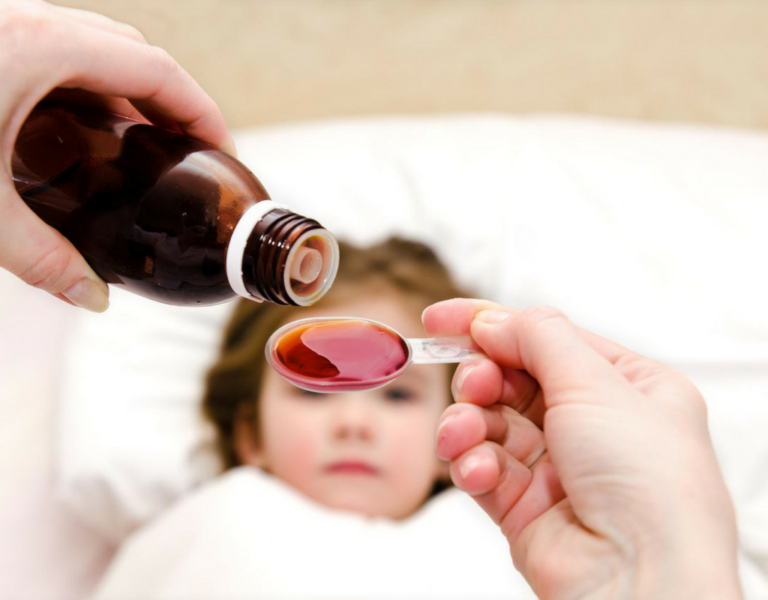For Seasonal Allergies, click here.
Allergic reactions are common. Allergic reactions occur when our immune system overreacts to substances called allergens that we come into contact with through our skin, nose, eyes, respiratory tract, and/or gastrointestinal tract. They can be breathed into the lungs, swallowed, touched, or injected. Substances that don’t bother most people (such as bee sting venom, certain foods, medications, pet dander, and pollens) can trigger allergic reactions in others. Allergic reactions occur more often in people who have a family history of allergies.
Many allergic reactions are mild, while others can be severe and life-threatening. They can be confined to a small area of the body (local), or they may affect the entire body (systemic). The most severe form is called anaphylaxis or anaphylactic shock. Although first-time exposure may only produce a mild reaction, repeated exposures may lead to more serious reactions.
Anaphylaxis is a sudden and severe allergic reaction that occurs within minutes of exposure. Immediate medical attention is needed for this condition. Without treatment, anaphylaxis can get worse very quickly and even lead to death.
Most severe allergic reactions occur within seconds or minutes after exposure to the allergen. However, some reactions can occur after several hours, particularly if the allergen causes a reaction after it has been eaten. In very rare cases, reactions develop after 24 hours.
Symptoms of Mild Allergic Reactions include:
- Hives (especially over the neck and face)
- Itching
- Nasal congestion
- Other rashes
- Watery, red eyes.
Symptoms of a Severe Reaction (Anaphylaxis) include:
- Swelling of the face, eyes, or tongue
- Wheezing or cough
- High-pitched breathing sounds (stridor)
- Anxiety
- Difficulty breathing or swallowing
- Abdominal pain, vomiting, or diarrhea
- Dizziness
- Flushing/redness of the face
- Chest pain or palpitations.
What to do?
For a Mild Reaction:
- Calm and reassure the child having the reaction, as anxiety can make symptoms worse.
- Try to identify the allergen and have the child avoid further contact with it.
- If the allergic reaction is from a bee sting, scrape the stinger off the skin with something firm (such as a fingernail or plastic credit card). Do not use tweezers; squeezing the stinger will release more venom.
- If the child develops an itchy rash, apply cool compresses and an over-the-counter hydrocortisone cream.
- You can give oral diphenhydramine (Benadryl) to relieve itching in children over 12 months of age.
- Watch the child closely for signs of increasing distress.
For a Severe Allergic Reaction (Anaphylaxis):
- If the child is having a severe allergic reaction – always call 911. Do not wait to see if the reaction is getting worse.
- Try to calm and reassure the child.
- If cheek, mouth, tongue, or lip swelling is present or if there is any difficulty breathing or swallowing, CALL 911.
- If the child has injectable epinephrine (EpiPen) available, inject immediately and then CALL 911.
- Have the child lay flat, raise his or her feet about 12 inches, and cover him or her with a coat or blanket while you await emergency personnel.
- Do NOT place a pillow under the person’s head if he or she is having trouble breathing. This can block the airway.
- Do NOT give the person anything by mouth if the person is having trouble breathing.
Prevention
- Avoid triggers such as foods and medications that have caused an allergic reaction in the past.
- Ask detailed questions about ingredients when eating away from home. Carefully examine ingredient labels.
- If you have a child who is allergic to certain foods, introduce one new food at a time in small amounts so you can recognize an allergic reaction.
- People who know that they have had serious allergic reactions should wear a medical ID tag
- Anyone with a history of serious allergic reactions should carry emergency injectable epinephrine (EpiPen) at all times.




